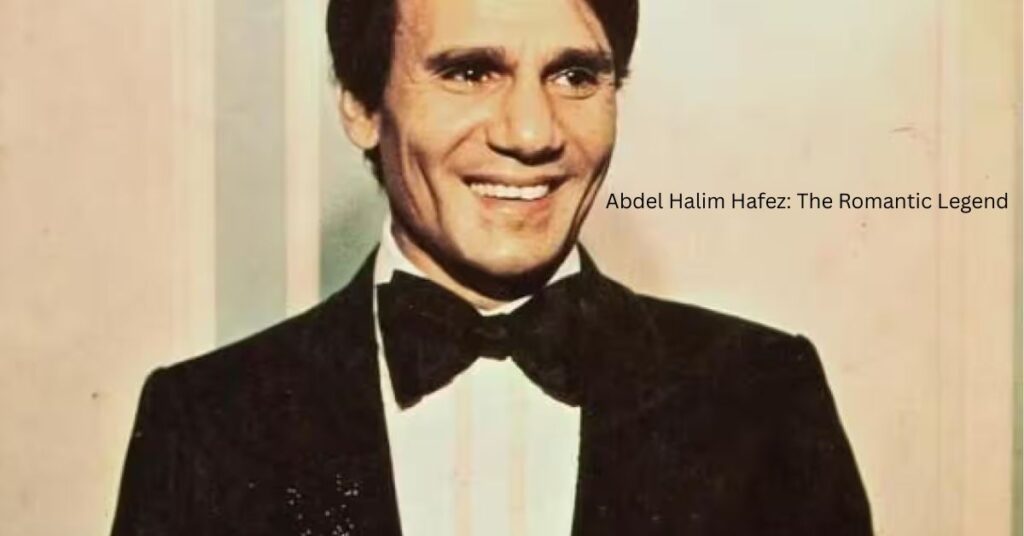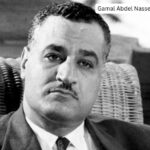Abdel Halim Hafez, often called the “Brown Nightingale,” remains one of the most beloved figures in Arabic music history. With his soulful voice, poetic lyrics, and emotional performances, he became the symbol of romance and passion in the Arab world. Decades after his passing, Hafez’s influence continues to shape the region’s music and culture, earning him the timeless title of The Romantic Legend.
Early Life and Musical Beginnings
Born on June 21, 1929, in El-Halawat, Egypt, Abdel Halim Hafez grew up facing hardship after losing both parents at a young age. His early struggles shaped his sensitivity and gave depth to the emotions later expressed in his music. He studied at the Arab Music Institute in Cairo, where he mastered the oboe before pursuing singing. His talent was quickly recognized, and by the early 1950s, his career began to flourish.
Rise to Stardom
Hafez’s breakthrough came in 1952, when his song Safinati al-Sabr introduced his unique style to the Arab world. Unlike traditional singers of his time, he combined modern musical arrangements with heartfelt lyrics, creating a fresh sound that resonated with audiences. His songs often reflected themes of love, longing, and heartbreak—subjects that struck a chord with millions.
The Voice of Romance
Known for his emotional depth, Abdel Halim Hafez became the voice of romance in the Arab world. Songs such as Ahwak (I Adore You), Zay El-Hawa (Like the Breeze), and Habibti Min Takun (Who Will My Beloved Be?) showcased his ability to transform simple lyrics into profound expressions of love. His performances were more than just concerts; they were emotional experiences that left audiences captivated.
Cinema and Cultural Impact
Beyond singing, Hafez starred in several successful Egyptian films during the 1950s and 1960s, including Dalila, Maabodat El-Gamahir, and Abi Foq El-Shagara. His on-screen presence only enhanced his image as a romantic icon. Through cinema, his music reached wider audiences, blending visual storytelling with timeless melodies.
A Symbol of the Arab World
Hafez’s legacy extends beyond romance. During times of political change, he sang patriotic songs that inspired unity and pride across the Arab world. Tracks like Watani Habibi (My Beloved Homeland) and Ehna El-Shaab (We Are the People) solidified his place not only as a singer but also as a cultural voice of his generation.
Struggles and Legacy
Despite his fame, Abdel Halim Hafez battled chronic health issues, particularly a long struggle with schistosomiasis, a parasitic disease he contracted in childhood. His health challenges often forced him to pause his career, yet he continued to give unforgettable performances until his passing in 1977 at just 47 years old.
His funeral in Cairo drew millions of mourners, demonstrating the deep connection he shared with his fans. Today, his music remains alive, frequently played on radio stations, at weddings, and in modern reinterpretations by contemporary Arab singers.
Conclusion
Abdel Halim Hafez’s life was a blend of artistry, passion, and resilience. He gave voice to emotions that transcended borders and generations, making him more than just a singer—he was, and remains, The Romantic Legend. His songs continue to inspire love, nostalgia, and unity, proving that true legends never fade.





